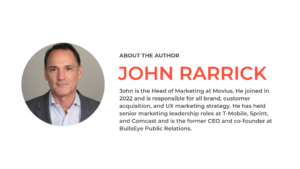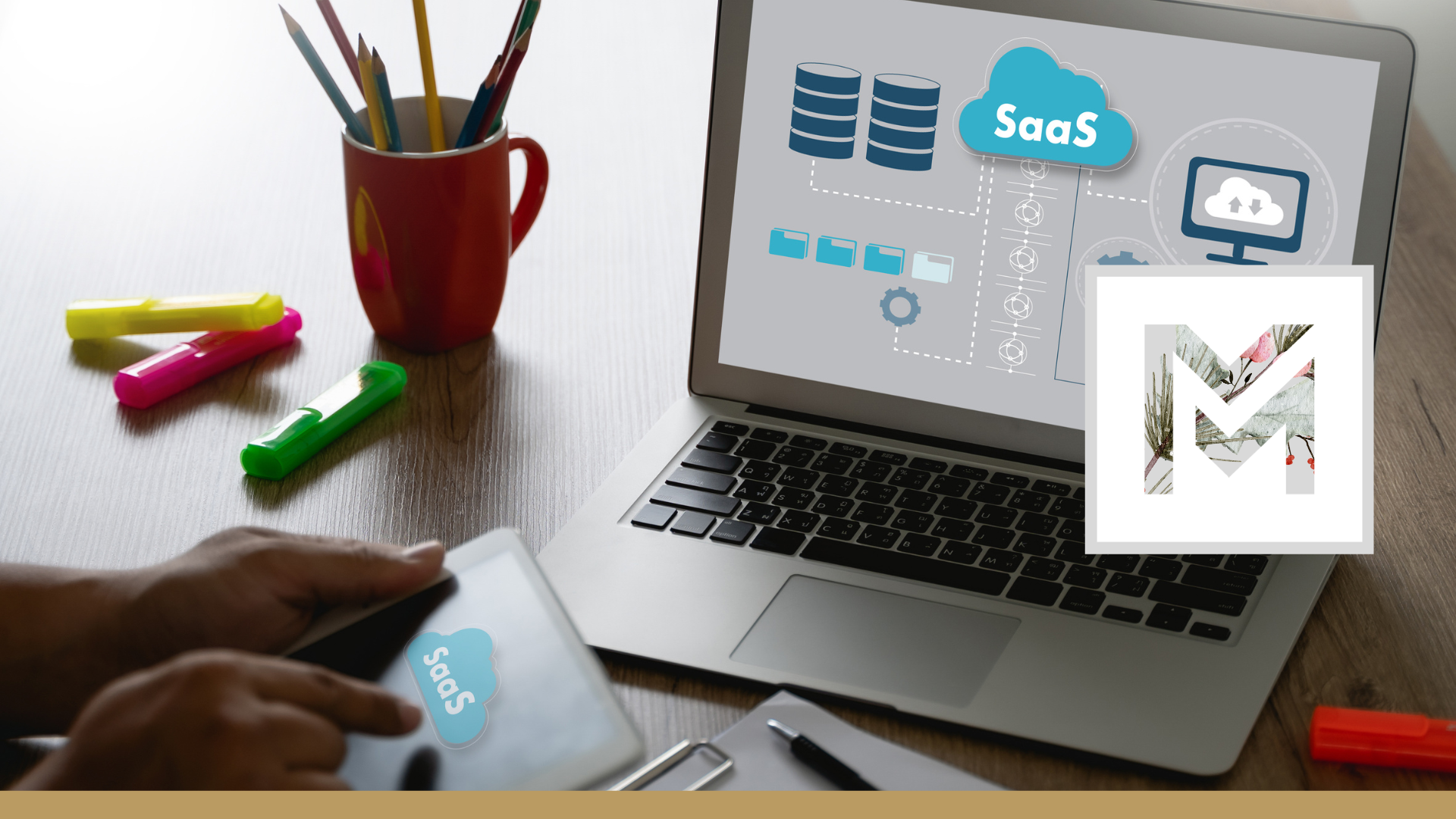You can’t turn your head without reading about the state of our planet—particularly when it comes to climate change. But when most people think about the word “sustainability”, they think about big-ticket items like offshore drilling, fracking, and deforestation. And they are right to consider the impact of all those things on our environment. These are certainly issues that need to be addressed if we are to achieve the Paris Agreement’s goal to reduce global warming to pre-industrial age temperatures. But what exactly is the role of SaaS providers and technology companies when it comes to the responsible stewardship of our planet. And what, precisely, is the meaning of digital sustainability? Let’s take a closer look.
SaaS Providers and Digital Sustainability
Digital sustainability is the process of applying social, economic, and environmental stewardship principles to digital products, services, and data, often delivered via the internet or by means of today’s advanced 5G mobile networks.
This practice can present itself in various ways—most commonly by designing your product or solution with sustainability at its core. An example of this would be IBM Envizi, a software suite that helps companies accurately calculate, track and report on their Scope 1, 2 and 3 greenhouse gas (GHG) emissions data at a granular level. Solutions like this are critical in not only identifying root causes of carbon emission but also in helping craft reduction plans and ongoing progress.
Another less common method, is when your software solution has a positive impact on your customers’ carbon footprint. Often, this is an unplanned benefit, discovered after the designers have gone to market, as in the case of MultiLine™ by Movius. Currently in use by some of the world’s largest enterprises, MultiLine enables users to add a second, dedicated business number to any smartphone, delivering a secure, carrier-grade call and text experience while separating work from personal communications. Many Movius customers have shifted to a Bring-Your-Own-Device (BYOD) model, eliminating the need for employees to carry two phones.
The team at Movius realized that reducing the need for so many smartphones could have a dramatically positive effect on their customers’ ESG ratings. The total global warming potential from a single smartphone and its associated network is approximately 81 kilograms of CO equivalents per year. Combine that with the reality that smartphones require the extraction of irreplaceable elements, including gold, cobalt, and lithium. These metals, many of which are mined and produced in highly unstable countries, are referred to as “conflict minerals”.
Whether you design your software with sustainability in mind or discover after the fact that your solution can have a positive impact really isn’t the point. What really matters is that SaaS companies, large and small, have a responsibility to do their part in reversing climate change. As Bill Gates explains in his book, How to Avoid a Climate Disaster, there is not one single solution, country, or industry that will help us achieve net carbon neutrality. Every company, including those in the SaaS space, will have to play a role. What role will your company play?





